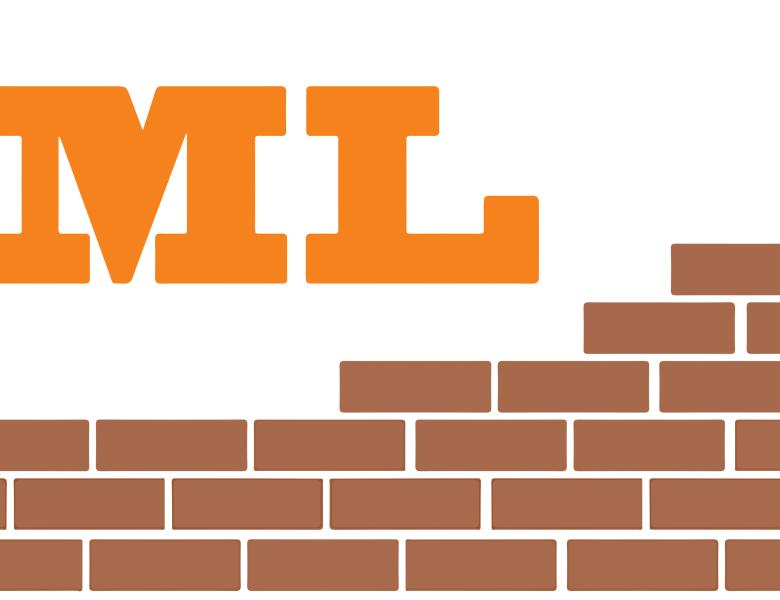
Abstract
It is an irony that often the more severe a person's motor impairment, the more assistance they require and yet the less able they are to operate the very machines created provide this assistance. A primary aim of my lab is to address this confound by incorporating robotics autonomy and intelligence into assistive machines to offload some of the control burden from the user. However, robots which do not adapt to the variable needs of their users when providing physical assistance will struggle to achieve widespread adoption and acceptance. Not only are the physical abilities of the user very non-static and therefore so also is their desired or needed amount of assistance but how the user operates the robot too will change over time. The fact that there is always a human in the loop offers an opportunity: to learn from the human, transforming into a problem of robot learning from human teachers. Which raises a significant question: how will the machine learning algorithm behave when being instructed by teachers who not only are not machine learning or robotics experts, but moreover have motor impairments that influence the learning signals which are provided? This talk will overview a new area beginning to be explored by my research group: that of robot learning from motor-impaired teachers and task partners. Our goal is to transform robotics autonomy in rehabilitation by designing algorithms that treat the constraints imposed by motor-impairments as advantages, rather than limitations.


